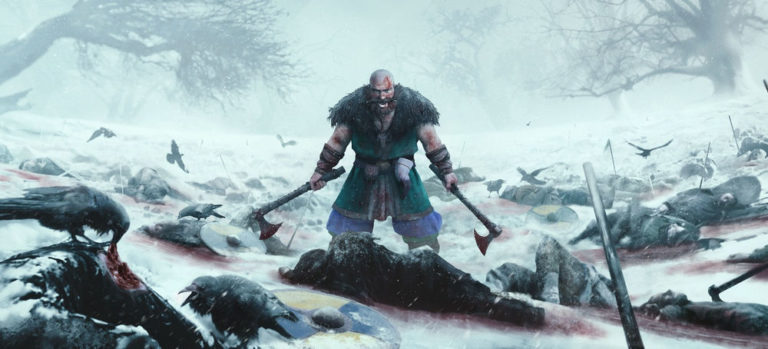The Future of Film Promotion Series (Movie Marketing Case Study)

We integrated our tracking tools into the Grand Theatre ticketing system. We did this to show how powerful online film advertising can be in film promotion, driving ticket sales for independent films. You can read more about the project here.
We found that cinemas are potentially missing out on important revenue opportunities that can be achieved through digital marketing campaigns once the advertising is connected to the audience data collected around ticketing transactions. From the following cases, we show that for every £1 invested, a cinema can make £2.47 in direct ticket sales if they take an e-commerce approach to digital marketing and advertising. The following movie marketing case studies highlight these results and the important points of learning that were gained.
Key Results from Case Studies 1 and 2
- An overall Return on Investment (ROI) of 247% on advertising for ticket sales
- The average Cost of Sales per Ticket was £3.26 (ticket costs £11.00) and we expect this figure to decline as we get better at targeting revenue as cost fell 36% between case studies 1 & 2
- The early sales funnel looks to be: for every 507 people being reached and every 11th website visit we achieved 1 Ticket Sale
Our Top Highlights about the psychology of online audiences were:
- Our advertising became the first touch point for ticket sales for other movies in the Grand’s play week – this led us to the conclusion that cinemas would be better off advertising their brand (what makes them different) and their play week of films rather than just individual movies
- Most (85%) people buy their tickets within 24 hours of seeing the Ad.
- These cases didn’t factor in concession spends or direct walk-ins in response to our advertising which likely doubles or triples the ROI calculations above.
If you want to read into the technical data of these movie marketing case studies and set up the geeky stuff is below.
Case Study 1. Conducted between 27th of April to the 29th of April
We picked the movie Lazzaro and set up a video ad on Facebook. Our methodology was to re-target and record audience purchases online on a:
- 1 day post page view – for visitors who visit the page we re-target and also measure if they bought
- 7 day post showtimes click – for visitors who interacted with movie showtimes we extended the tracking time frames as these were more ‘valuable’ audiences.
Film Advertisement

The goal was to test if our setup was working optimally and if we could re-target audiences who had dropped out of the buying cycle before completing the purchase.
Results

Key Findings
Total number of Purchases increased by 100% from the previous week. Audiences did not buy tickets for Lazzaro, they moved to other films and bought tickets for those instead.

Figure 1. Blue Line denotes sales activity on the site during the film advertising period. The orange line is the same period the week before to compare.
We realised that we needed to:
- Track which films the audiences were buying across the Grand’s website
- Track Reservations (whereby Danish audiences reserve seating but pay at the door) – we found that reservations convert to sales at a rate of 60% and this data was currently missing from our set up.
Case Study 2. Conducted between 15th of May to the 20th of May
We ran the film Lazarro again, but this time in the middle of the film’s theatrical run. After the results of Case Study 1, we wanted to confirm the insight that despite promoting the specific film, we could also achieve a sales boost on other films. Again we followed the 1 day page view and 7 day showtimes click re-targeting and tracking strategy. Ad copies were changed to be more about the venue and we changed the advertising goal from specific film purchase to any film purchase.
Results


Figure 2. Blue Line denotes sales activity on the site during the film advertising period. The orange line is the same period the week before to compare.
- Impact of reservations was an important driver of revenue
- Advertising a film halfway through a theatrical run still generated healthy conversions
- Facebook did not return the movie id of the films sold. So the only way we can correlate is by looking at the logs in GA to find our UTM tags. We need further development here to get around these limitations.
CONCLUSION
Being able to calculate what you spend on your film marketing campaigns and calculate the outcome is a huge step in any movie advertising scenario. We have succeeded early on in these trials to show a positive ROI just on the online ticket sales. When we add further attributions such as concessions sales data and walk-ins i.e. people seeing the ad and buying the ticket directly at the box office this sales revenue increases dramatically. This strongly suggests that cinemas are missing the low hanging fruit by not setting up advertising that target audiences based on how they interact with the website and ticketing.
If you would like to know more CONTACT US


